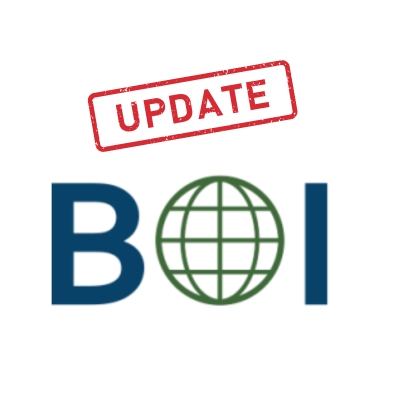





Early in my career as a financial advisor, clients would often ask me:“What number do I need to retire?” They believed that hitting a certain financial milestone was the key to freedom. And for a long time, I believed it too. I’d run the calculations, project the returns, and set

Why Converting Your Home into a Rental May Be a Bad Idea: Many homeowners, when moving out of their primary residence, consider turning it into a rental property instead of selling it. On the surface, this may seem like a great idea, especially in high-appreciation markets. However, there are several

Most people who fail don’t fail because they don’t try, it is usually because they don’t have the right system to create success. Success is intentional and so it is no surprise to learn financial security doesn’t happen by accident; it requires planning and intentionality. Whether you aim to pay

What will happen to your business if you’re no longer around to run it? Too many business owners put off this question, but failing to plan for the unexpected can be costly. Whether its due to death, disability, or retirement, it can leave your company, employees, and loved ones in

As a business owner, you’ve worked hard to build your wealth. When it’s time to plan for the future, one question many of my clients ask is: “Can I charge my estate planning fees to my business?” It’s a smart question. After all, why not have your business cover these

Once again, the BOI Reporting requirements have changed. The most recent announcements from the Financial Crimes Enforcement Network (FinCEN) and the U.S. Department of the Treasury provide some clarity and temporary relief regarding the Corporate Transparency Act’s (CTA) Beneficial Ownership Information (BOI) reporting requirements. These developments, which could significantly alter

When it comes to investing, avoiding costly mistakes is essential for building long-term financial security and achieving your financial goals. Investment errors can not only erode wealth but also set you back years in your financial journey. Here are some common pitfalls to avoid. Lacking a clear financial plan It

Why Estate Planning Matters Estate planning is not just for the wealthy, it’s a crucial process for everyone, ensuring that your assets are distributed according to your wishes and that your loved ones are not burdened with unnecessary legal and financial challenges. Proper planning also prepares for unforeseen circumstances, such

The BOI Reporting saga continues… In the latest development, the Financial Crimes Enforcement Network (FinCEN) has reinstated the Beneficial Ownership Information (BOI) reporting requirements under the Corporate Transparency Act (CTA). This follows a recent federal court decision that lifted the previous nationwide injunction, thereby reactivating the mandate for entities to

One of the biggest financial dilemmas people face is deciding whether to pay off debt or invest. The right answer depends on several factors, but a good rule of thumb is to focus on paying off any debt with an interest rate above 4% before prioritizing investing. Why 4%? The